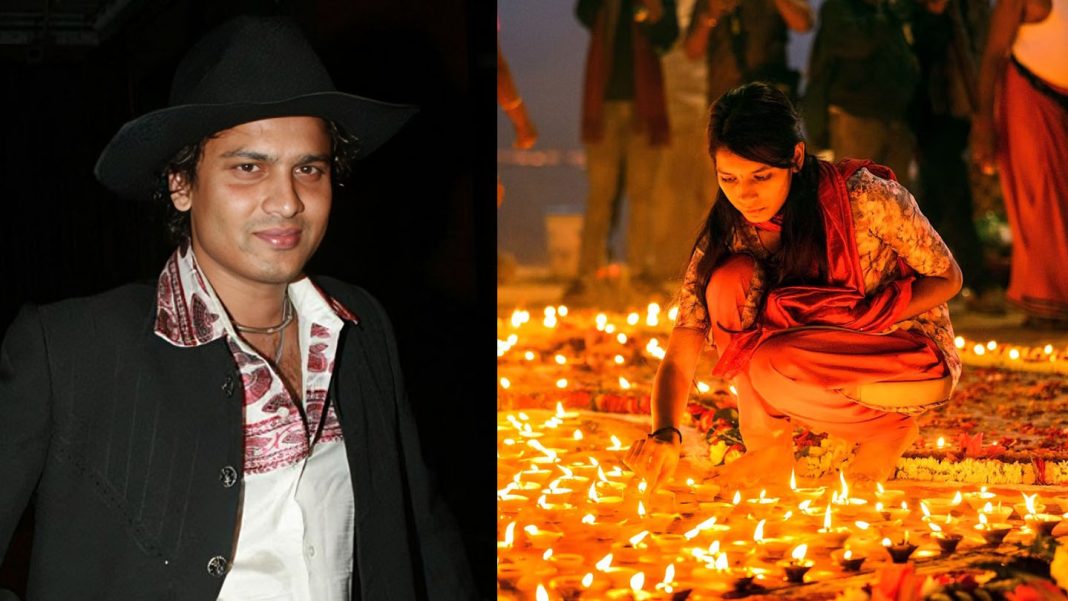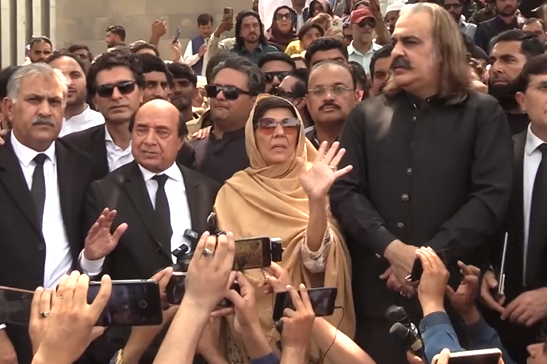By Satyabrat Borah
The absence of Zubeen Garg has cast a profound shadow over Assam’s festivals and cultural landscape. His voice, a cornerstone of Assamese music, has long been synonymous with the state’s identity, resonating through its celebrations and weaving itself into the fabric of its traditions. This year, the first Kati Bihu without Zubeen’s melodies felt incomplete, as did the Diwali festivities that followed. As the new year approaches, the thought of another celebration without his soulful voice fills the hearts of Assamese people with a sense of loss. The vibrancy that once defined these occasions seems to have dimmed, and a quiet sorrow lingers where joy once flourished. This article explores the impact of Zubeen Garg’s absence on Assam’s cultural ethos and reflects on his enduring legacy.
Zubeen Garg was more than a singer; he was a cultural icon whose voice breathed life into Assam’s traditions. His songs transcended mere entertainment, becoming anthems that captured the essence of Assamese life. From the serene spirituality of Kati Bihu to the exuberance of Diwali and the hope of a new year, Zubeen’s music infused every moment with depth and emotion. His voice carried the stories of Assam’s villages, its rivers, and its people, blending modernity with tradition in a way that resonated with all generations. Whether it was the soulful strains of a Bihu song or the heartfelt lyrics of a romantic ballad, Zubeen’s music spoke to the heart of every Assamese, creating a shared sense of identity and pride.
Kati Bihu, with its quiet reverence and connection to nature, has always been a time for reflection and gratitude. The flickering lamps in the fields and the soft glow of the moonlit nights were once accompanied by Zubeen’s melodies, which added a layer of spiritual depth to the festival. His songs, often rooted in the simplicity of rural life, captured the essence of Assam’s agricultural heritage. This year, however, the absence of his voice left the festival feeling hollow. The fields, though still bathed in the glow of lamps, seemed quieter, as if mourning the loss of a familiar melody. The absence of his music was not just a silence in sound but a silence in spirit, leaving many to wonder if Kati Bihu could ever feel the same again.
Diwali, the festival of lights, has always been a time of joy and togetherness in Assam, as it is across India. Zubeen’s songs, with their infectious energy and emotional resonance, were a staple of these celebrations. His music had the power to amplify the festive spirit, turning gatherings into moments of collective euphoria. Whether played at community events or in the intimacy of homes, his songs brought people together, creating memories that lingered long after the last firecracker faded. This Diwali, however, the lights seemed to burn less brightly. The absence of Zubeen’s voice left a void that no amount of festivity could fill. The songs that once echoed through the streets were replaced by a quiet longing, a reminder of the irreplaceable role he played in Assam’s cultural life.
As the new year approaches, the prospect of celebrating without Zubeen’s music feels daunting. The new year in Assam is a time of hope, renewal, and optimism, often marked by music that uplifts and inspires. Zubeen’s songs were the soundtrack to these moments, their lyrics weaving dreams of a brighter future. His absence casts a shadow over the anticipation of the new year, raising questions about how Assam will find its rhythm without him. The thought of welcoming another year without his voice feels like a departure from tradition, a break in the continuity of Assam’s cultural narrative. For many, the new year will be a time to reflect not just on what lies ahead but on what has been lost.
Zubeen Garg’s contribution to Assamese culture cannot be overstated. His music was a bridge between generations, connecting the old with the new. His ability to blend traditional Assamese folk with contemporary sounds made his songs timeless, appealing to both the young and the old. He sang of love, loss, struggle, and joy, capturing the myriad emotions that define the human experience. His songs were not just melodies; they were stories that reflected the lives of ordinary Assamese people. From the paddy fields of the Brahmaputra Valley to the bustling streets of Guwahati, his music was a constant presence, a reminder of the beauty and resilience of Assam’s culture.
Beyond Assam, Zubeen’s music carried the state’s identity to the world. His songs, whether in Assamese or Hindi, introduced audiences far and wide to the richness of Assamese culture. He was an ambassador of Assam, his voice a testament to the state’s vibrant heritage. Through his music, the world came to know the stories of Assam’s rivers, its festivals, and its people. His songs were a celebration of Assamese identity, a source of pride for those who called the state home. In his absence, there is a fear that this global connection may weaken, that the world may forget the unique beauty of Assam’s cultural tapestry.
The void left by Zubeen’s absence is not just a matter of missing his music; it is a loss of cultural continuity. His songs were a thread that wove together Assam’s festivals, its traditions, and its people. They were a reminder of shared values, shared struggles, and shared joys. Without his voice, the festivals that once united communities feel fragmented. The sense of togetherness that his music fostered seems harder to sustain. For many, his absence feels like the loss of a part of Assam’s soul, a piece of its identity that cannot be easily replaced.
Yet, Assam’s cultural spirit is resilient. The state has a rich tradition of music and art, nurtured by generations of artists who have kept its heritage alive. While Zubeen’s absence is deeply felt, it also opens the door for new voices to emerge. The challenge lies in finding artists who can carry forward the legacy he left behind, who can capture the essence of Assam’s culture with the same passion and authenticity. The state’s music scene is vibrant, with young talents waiting to make their mark. But Zubeen’s voice was unique, a once-in-a-generation gift that set a high standard for those who follow.
The pain of Zubeen’s absence will linger, but his legacy endures. His songs remain etched in the hearts of Assamese people, a reminder of the joy and pride he brought to their lives. They will continue to be played in homes, at festivals, and in moments of quiet reflection. His music will live on, a testament to his love for Assam and its people. The festivals may feel different without him, but they will carry forward, sustained by the memories of his voice and the spirit of a culture that refuses to fade.
In time, Assam will find ways to fill the silence left by Zubeen’s absence. New artists will rise, new songs will be sung, and new traditions will take shape. But the echo of Zubeen Garg’s voice will never truly fade. It will linger in the fields of Kati Bihu, in the lights of Diwali, and in the hope of every new year. His music was more than sound; it was the heartbeat of Assam, a rhythm that will continue to inspire and unite. As the state moves forward, it does so with the memory of a voice that defined an era, a voice that will forever be a part of Assam’s soul.




